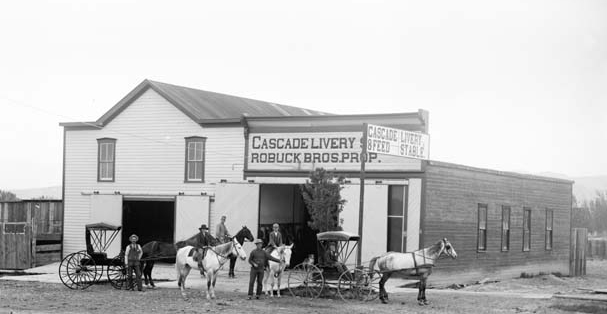
This is not legal advice. Leave audio feedback at (512) 686-6329. This show was recorded and edited using GNU/Linux.
Expected Audience: People interested in Jazz and the Law
mp3 audio | ogg audio | torrent
This week on the Lawcast we have something a little bit different. If you want to hear more from Robert, check out The Jazzcast After Party or you can check out when Tom and I had him on the main Music Manumit show. Thanks, as always on the Jazzcast, to Ryno for twiddling the knobs!
The reason it took so long to get this out is that I had to go back and put in some of the tracks because one of the channels dropped out late in the show. I didn't go back and fix the audio when Robert and I were talking because I thought it would take too long, but I didn't think it was fair to the musicians for you not to hear both of their channels, in case they had anything recorded in stereo.
I regret not getting this out sooner, because I think this might be the format of the future. We'll see if I am even able to do the Lawcast next summer. Brian and I discussed a bit about the future of the Lawcast on the last episode, but I go into a bit more detail in the most recent OpenSourcePlayground.org article.
